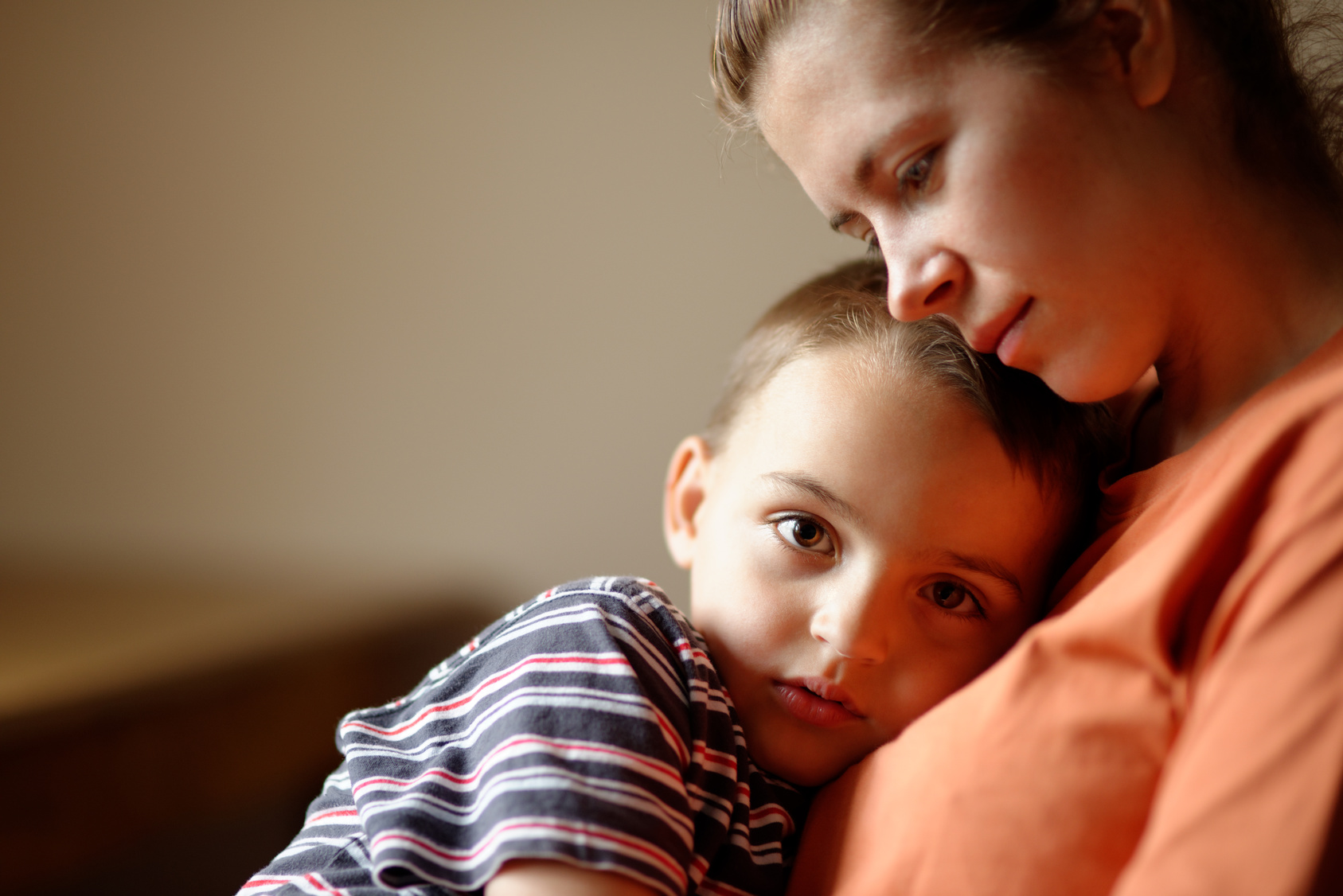Anxiety disorders affect as many as 30% of children and adolescents, and the children of parents with an anxiety disorder have a higher risk of developing an anxiety disorder than the children of parents without an anxiety disorder. These disorders — or the temperamental precursors of these disorders — can be observed during early childhood, with about 10% of children between the ages of 2 and 5 already exhibiting anxiety disorders.
Not only do anxiety disorders in young children cause significant distress, they can interfere with early developmental tasks and school readiness, and may contribute to learning difficulties, social isolation, and family strain. While there are effective treatments for anxiety, children, on average, suffer for four years between the onset of their anxiety symptoms and appropriate treatment.
Given that the children of parents with anxiety disorders are at high risk of developing an anxiety disorder at an early age, is it possible to intervene early and either prevent the onset of anxiety disorders in children or minimize their impact? Dina Hirshfeld-Becker, PhD, Co-Director of the Child Cognitive Behavioral Therapy Program at MGH and Associate Professor of Psychology at Harvard Medical School, and her research team have long championed the idea of early intervention for younger children with anxiety. Ultimately their goal is to teach young children and their parents strategies for managing anxiety before their symptoms become problematic. Addressing anxiety in children before they enter preschool could decrease the impact of anxiety on these children’s early development and could reduce children’s’ risk for learning difficulties, social isolation, family strain, and child suffering. Furthermore, it has been demonstrated that early family-based interventions using cognitive–behavioral strategies can reduce rates of anxiety later on in childhood and attenuate risk for depression in adolescence.
While cognitive–behavioral therapy (CBT) has emerged as the psychosocial treatment of choice for treating and preventing anxiety, most of the protocols used in children today are aimed at older children (over 6 years of age) and adolescents. Dr. Hirshfeld-Becker and her team have been interested in developing strategies for younger children who present with significant symptoms. They and other researchers have demonstrated that behavioral strategies can be effective even in younger children with limited language ability; thus, family-based CBT may be an effective tool for managing anxiety symptoms in toddlers.
Dr. Hirshfeld-Becker is recruiting children and their families to participate in a new study which will compare several different strategies for managing anxiety in 2- and 3-year old children (ages 21-47 months): a parent-child CBT-based intervention, parent education, and a monitoring-only condition to determine if anxiety resolves without intervention. The entire study is being done remotely, with no requirement for in-person visits.
Reducing Anxiety in Very Young Children: A Controlled Study
Eligibility: This study is recruiting children ages 21 to 47 months who are shy or fearful and their parents or guardians, including the children or siblings of patients with anxiety.
Study Participation: Participants enrolled in this study will be randomly assigned to one of the three conditions. Thirty families will receive the intervention sessions, 30 families will receive educational materials, and 30 families will be monitored. The entire study is being done remotely, with no requirement for in-person visits.
Time Commitment: 5 visits over 12 months
Compensation: Parents will not be paid for the first evaluation visit or during the intervention period, but will receive $50 for completing each of the post-treatment evaluations and one-year follow-up visits.
Contact: You can contact Jordan Holman at mghresiliencestudy@partners.org or (617) 724-4906. More information on this study can be found HERE and at ClinicalTrials.gov.
Ruta Nonacs, MD PhD
Hirshfeld-Becker DR, Henin A, Rapoport SJ, Wilens TE, Carter AS. Very early family-based intervention for anxiety: two case studies with toddlers. Gen Psychiatr. 2019 Nov 21;32(6):e100156. Free article.








Leave A Comment